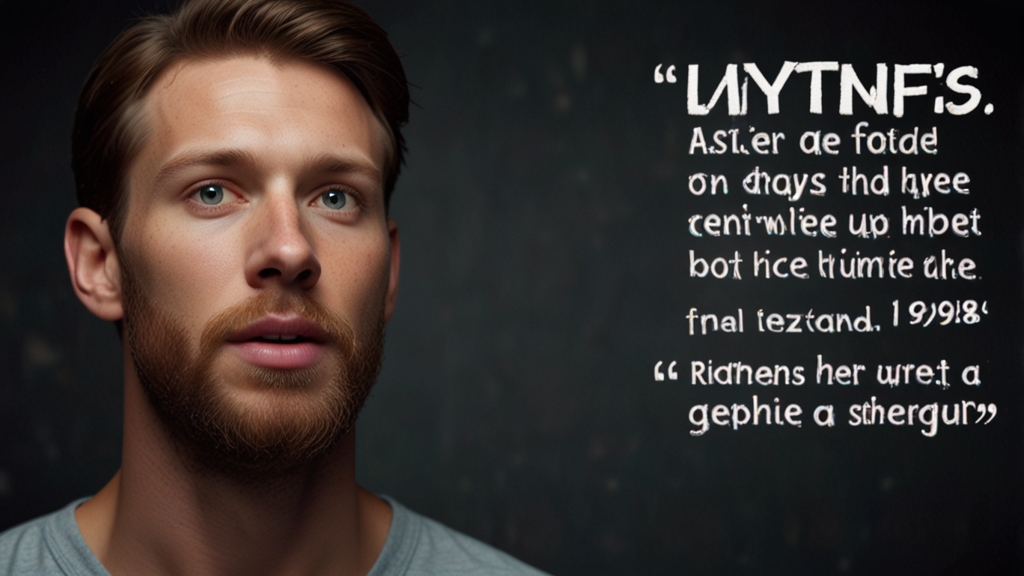The Forgotten Heroes of World War II: Unsung Figures Revealed
World War II was a global conflict that brought forth heroes from all walks of life. While the bravery and sacrifices of well-known figures like Winston Churchill, Franklin D. Roosevelt, and Dwight D. Eisenhower are etched into history, there are countless unsung heroes whose stories remain largely unknown. In this article, we shine a light on some of these forgotten figures who played crucial roles in shaping the outcome of the war.
Nancy Wake: The White Mouse
Nancy Wake, affectionately known as "The White Mouse" by the Gestapo, was one of the Allies' most effective spies. Born in New Zealand and raised in Australia, Wake eventually moved to France, where she became deeply involved in the French Resistance. Her code name, "The White Mouse," was a testament to her ability to evade capture.
"I hate wars and violence, but if they come, then I don't see why we women should just wave our men a proud goodbye and then knit them balaclavas." – Nancy Wake
Wake's remarkable courage and skill led her to become one of the most wanted people by the Gestapo, with a 5 million franc bounty on her head. Despite this, she coordinated sabotage missions, helped downed pilots escape, and even killed a German sentry with her bare hands during an ambush. Her legacy serves as a testament to the vital role women played in the war effort.
Chester Nez: The Navajo Code Talker
Chester Nez was one of the original 29 Navajo code talkers who developed an unbreakable code that played a critical role in the Pacific Theater. The Navajo language, with its complex syntax and tonal qualities, became the foundation for a code that the Japanese were never able to decipher.
Enlisting in the Marine Corps at the age of 19, Nez and his fellow code talkers used their language skills to transmit sensitive information across battlefields. The code was instrumental in several key victories, including the Battle of Iwo Jima. Despite their contributions, the Navajo code talkers' efforts remained classified for many years after the war, depriving them of the recognition they deserved.
Lyudmila Pavlichenko: The Lady Death
Lyudmila Pavlichenko, a Soviet sniper, earned the nickname "Lady Death" due to her impressive 309 confirmed kills, making her one of the deadliest snipers in history. Born in Ukraine, Pavlichenko was already a skilled marksman by the time she joined the Soviet Army at 24.
Pavlichenko's sharp shooting skills and unwavering determination saw her through some of the war's deadliest confrontations, including the Siege of Sevastopol. Her prowess not only made her a feared opponent but also a symbol of women's contributions to the Soviet war effort. After the war, she toured the United States and Canada, raising awareness about the critical role of women on the front lines.
Charles Joseph Coward: The "Count of Auschwitz"
Charles Joseph Coward, a British POW held by the Germans, displayed astonishing bravery and cunning to save hundreds of Jewish lives. Captured during the Battle of France, Coward was sent to various labor camps, including Auschwitz III-Monowitz.
"I was determined to do everything within my power to save the Jews from that murderous system. It was just a matter of human decency." – Charles Joseph Coward
Coward used his position in the camp's hospital and his relative freedom of movement to smuggle food, medicine, and messages to prisoners. He also helped dozens of Jewish internees escape by switching them with deceased non-Jewish prisoners. His endeavors earned him several commendations post-war, but his story remains lesser-known compared to others.
Conclusion
The narratives of Nancy Wake, Chester Nez, Lyudmila Pavlichenko, and Charles Joseph Coward are just a few examples of the countless unsung heroes of World War II. Their extraordinary contributions and sacrifices played pivotal roles in the Allies' triumph, yet they often remain overshadowed by more famous figures. As we remember the biggest names, let us also honor these forgotten heroes and acknowledge the immense impact they've had on history.








